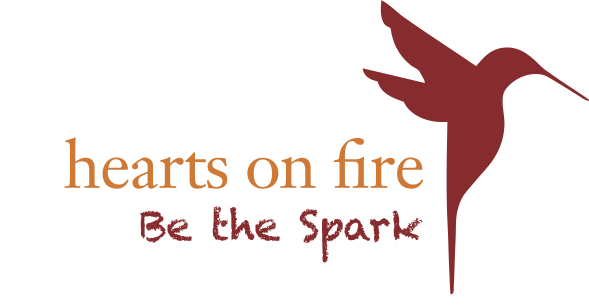PATRICIA JUREWICZ | RESPONSIBLE SOURCING NETWORK
Slave Labor and You
Amirbek was a six-year-old boy whose birth and death went unnoticed by just about everyone in America…but not by Patricia Jurewicz. She knows the story of what happened to little Amirbek all too well and she has found a way to help change the circumstances that led to this tragedy.
Amirbek is a casualty of the forced labor toiling in the cotton fields of Uzbekistan. While his mother went about the backbreaking work of handpicking cotton, Amirbek fell asleep and was accidentally buried under heaps of raw cotton.
Turning a spotlight on such deplorable working conditions and compelling companies to combine business investment with human rights is the mission of Responsible Sourcing Network.
“I understand the influential power of corporations and thrive on creating an organization that will leverage this power to create change on the ground.”
Founded in 2010, Responsible Sourcing Network (RSN), a project of As You Sow, is dedicated to ending human rights abuses and forced labor associated with the raw materials found in products we use every day. In Uzbekistan, RSN was successful in helping to drastically reduce forced child labor by persuading companies to ban the use of Uzbek cotton.
"The key is for businesses to show commitment,” says Patricia, "and to highlight the steps they are taking to fulfill their goals. For instance, a company needs to show how it is holding its suppliers accountable."
RSN has collected the signatures of 165 global brands, including IKEA, Walmart, Lululemon Athletica, Ann Taylor and Gap which have taken a pledge to avoid Uzbek cotton until the Government there stops forcing its citizens to work. And consumers are catching on as well.
“People are choosing brands who are committed to not having forced labor inside their products.”
In addition to its efforts in Uzbekistan, RSN is also targeting companies that use what are called “conflict minerals” from the Democratic Republic of Congo. Slave labor produces the minerals which finance continuing conflict in Congo and neighboring countries.
“The aerospace, medical device, jewelry, tooling, apparel, footwear and toy industries have done next to nothing,” says Patricia, “while the electronics industry has been the most proactive in this area.“
Patricia admits that it’s a big challenge for companies to monitor the working conditions of their entire supply chains but, she adds, it can be done.
“It takes creativity, problem solving and thinking outside the box. Strategic solutions and action plans need to be designed and executed over time.”
Patricia has 15 years of experience advocating for supply chain transparency and accountability. She co-authored the report Cotton Sourcing Snapshot: A Survey of Corporate Practices to End Forced Labor (link to this) which ranks companies on their human rights record.
“I am in a perfect position to be interacting with the apparel sector since I am able to draw on my experience working with international artisan groups as well as managing production for a major global retailer. I appreciate being able to contribute to transforming an entire sector rather than just the practices of one company.”


